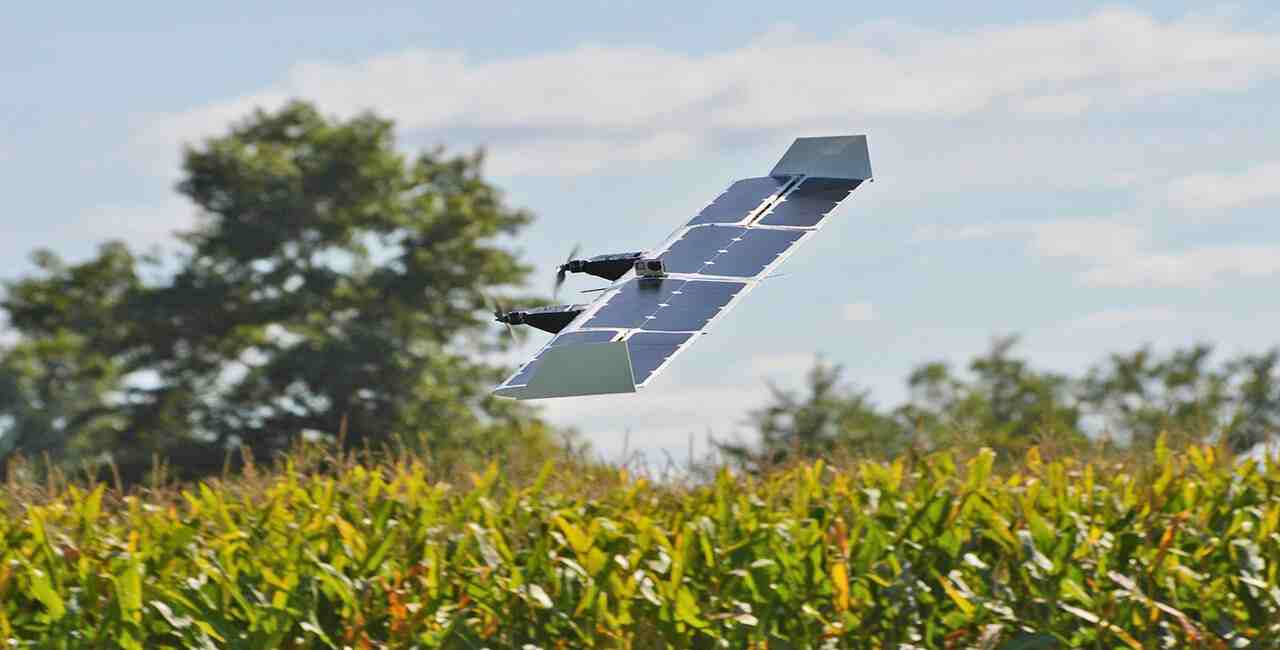Solar-powered drones are showing promise as a potential game-changer for the aviation industry. Their innovative technology could pave the way for more sustainable and efficient air travel. Let’s delve into how these drones could shape the future of aviation.
1. Air travel faces challenges such as increasing emissions and environmental impact.
The air travel industry is facing challenges related to rising emissions and environmental impact, as demand for air travel increases. This has raised concerns about the industry’s impact on climate change and the environment. To address these issues, airlines and aviation companies are exploring new technologies and sustainable practices to reduce their carbon footprint and minimize environmental impact.
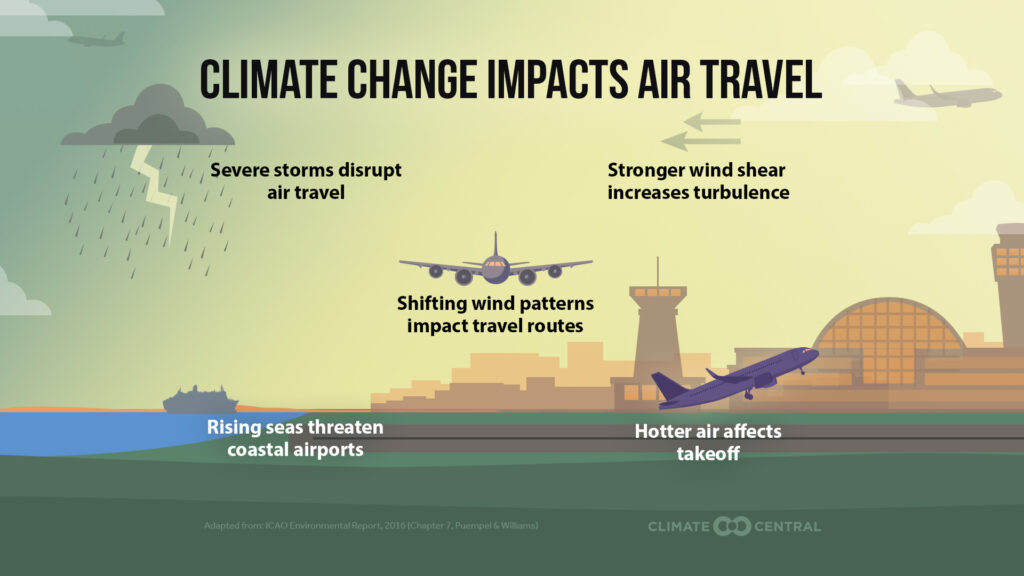
The aviation industry is facing numerous challenges, including the increasing emissions and environmental impact of air travel. As more individuals take to the skies, the industry’s carbon footprint is growing. Consequently, there is a growing push to advocate for sustainable practices and develop cleaner technologies in order to reduce aviation’s environmental impact. Addressing these challenges is crucial for the future of air travel and the health of the planet.
The aviation industry is currently grappling with the issue of increasing emissions and environmental impact as more people opt to travel by air. This has sparked concerns about the industry’s carbon footprint and the necessity for sustainable solutions to tackle these challenges.
2. Solar-powered drones are being introduced as a potential solution to these challenges.
Solar-powered drones offer a potential solution to a range of challenges due to their ability to provide extended flight times and operate in remote areas. This makes them well-suited for applications such as environmental monitoring, disaster relief, and providing internet connectivity in rural areas. The introduction of solar-powered drones has the potential to address some of the limitations and challenges associated with traditional drone technology.
Solar-powered drones have been created to overcome the restrictions of standard drone technology. These drones can operate for extended periods and cover greater distances, making them ideal for tasks such as surveillance, mapping, and environmental monitoring. By using solar power, these drones can stay in the air for longer periods, reducing the need for frequent recharging or refueling. Additionally, they have a reduced environmental impact compared to traditional fuel-powered drones, making them an exciting advancement in aerial technology.
Solar-powered drones are being explored as a viable solution for providing internet access to remote and underserved areas. These drones use solar panels to power the aircraft and charge onboard batteries, allowing them to stay in the air for extended periods. This innovation has the potential to revolutionize internet access in remote regions, providing a sustainable and cost-effective option.
3. There is ongoing research and development in the field of solar-powered drones.
Solar-powered drones are an exciting area of ongoing research and development. Engineers and scientists are working continuously to enhance the efficiency and capabilities of these drones, making them more sustainable and versatile for a wide range of applications. Advances in solar technology, battery storage, and drone design are all contributing to the rapid progress in this field. It’s important to stay informed about the potential uses and benefits of solar-powered drones by keeping an eye on the latest developments.
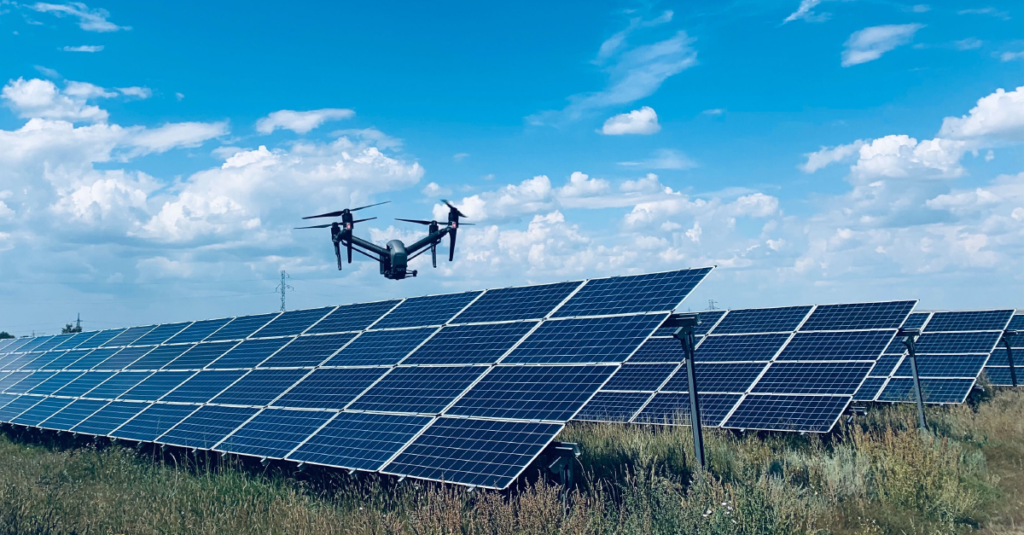
The field of solar-powered drones is advancing quickly, with engineers working hard to improve their efficiency and capabilities. They are focused on making these drones more sustainable and cost-effective. Ongoing research is aimed at enhancing solar panel technology, battery storage, and overall drone design to maximize their potential for commercial and humanitarian use. It’s important to stay informed about this field as new advancements are constantly being made.
Solar-powered drones are currently the subject of intensive research and development. Engineers and scientists are working diligently to improve the efficiency and capabilities of these drones, with the aim of making them more sustainable and versatile for various applications. Ongoing advancements encompass enhancements in flight time, payload capacity, and the durability of solar panels, all of which are promising for the future of aerial technology.
4. The future of commercial use for solar-powered drones holds promising possibilities.
The commercial potential of solar-powered drones is showing great promise as technology continues to evolve. These drones are becoming increasingly versatile and are becoming an appealing choice for a wide range of industries. They can be utilized for tasks such as monitoring, surveillance, delivery, and telecommunications, among other uses. With ongoing advancements in both solar technology and drone capabilities, the future looks bright for the commercial use of solar-powered drones.
Solar-powered drones have the potential to significantly transform the commercial industry by offering a wide range of applications. These drones can be utilized in agriculture to monitor crops and land, and can also be used to deliver goods and supplies to remote areas. As technology continues to advance, the outlook for the commercial use of solar-powered drones appears promising, providing businesses with the opportunity to operate more efficiently and sustainably.
As technology progresses, the potential for commercial use of solar-powered drones is very promising. These drones could significantly impact industries such as agriculture, infrastructure inspection, and telecommunications due to their long flight times and large coverage areas. They have the potential to provide cost-effective and environmentally friendly solutions for various commercial applications. With ongoing research and development, we can anticipate even more innovative uses for these drones in the near future.
5. Solar-powered drones have the potential to bring environmental benefits and contribute to sustainability.
Solar-powered drones have the ability to provide substantial environmental advantages and support sustainability. By harnessing the sun’s energy, these drones can reduce carbon emissions and minimize the environmental footprint of conventional fossil fuel-powered aircraft. They are capable of monitoring wildlife, performing environmental assessments, and delivering crucial supplies to remote locations, all while operating in a sustainable and environmentally friendly manner. As technology progresses, it is becoming increasingly clear that solar-powered drones have the potential to make a positive impact on the environment.
Solar-powered drones have the ability to provide significant environmental benefits and support sustainability by harnessing the sun’s energy to function without the need for fossil fuels. This reduces their carbon footprint and environmental impact. Additionally, their extended flight time makes them invaluable for monitoring and conservation efforts, as they can gather essential data on ecosystems and wildlife without causing disturbance. Overall, the use of solar-powered drones has the potential to be a game-changer in promoting environmental sustainability.
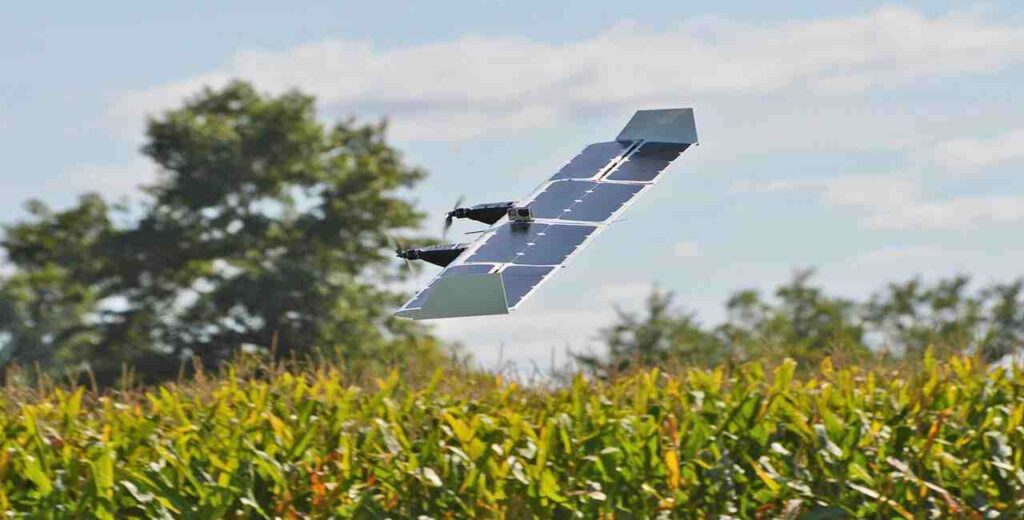
Solar-powered drones are poised to transform data collection, environmental monitoring, and delivery services. By utilizing solar energy, these drones can operate for extended periods with minimal environmental impact, surpassing traditional fuel-powered drones. This innovation has the potential to yield substantial environmental advantages and support sustainability initiatives in multiple sectors.
6. Implementing solar-powered drones in air travel also poses challenges and considerations.
The integration of solar-powered drones into air travel presents several challenges and considerations that must be carefully addressed. These include the limited flight time of solar-powered drones, the need for efficient energy storage and management systems, and the impact of weather conditions on solar power generation. Additionally, regulatory and safety concerns must be addressed before integrating solar-powered drones into existing air travel infrastructure. It is crucial to thoroughly evaluate and address these challenges to ensure the successful and safe integration of solar-powered drones into air travel operations.
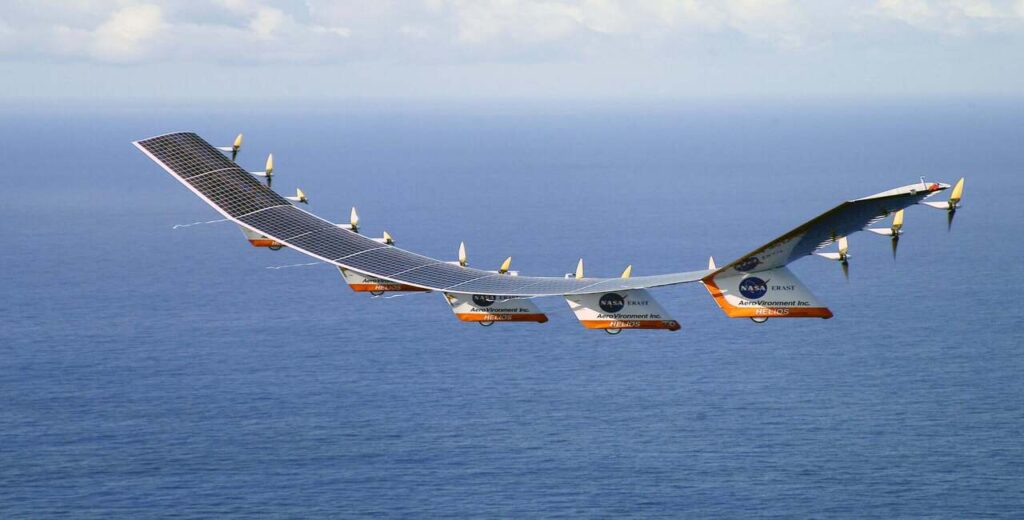
The airline industry is currently exploring the potential use of solar-powered drones for air travel as part of their efforts to incorporate more sustainable practices. However, there are several challenges and considerations that must be carefully assessed before implementing this technology. These include factors such as the reliability and efficiency of solar-powered technology, the impact on air traffic control and regulations, and the overall safety and security of using drones in commercial air travel. It’s important to thoroughly evaluate these elements before moving forward with the incorporation of solar-powered drones in the aviation industry.
When incorporating solar-powered drones into air travel, it’s important to consider various challenges and factors. These include the requirement for advanced battery technology to store solar energy for use at night, the potential impact on air traffic management systems, and the need for specific regulations and safety standards. Additionally, the cost and efficiency of solar panels and the weight of the drone itself play a crucial role in determining the feasibility of integrating solar power into air travel.
7. In conclusion, the future of air travel may be shaped by the integration of solar-powered drones.
Solar-powered drones offer the potential to significantly transform air travel in the years to come. By harnessing solar energy, these drones are able to extend their operational time without the need for traditional fuel sources. This advancement could pave the way for more sustainable and economically efficient transportation options, with wide-reaching impacts on industries such as logistics, surveillance, and even passenger travel. As technological progress continues, the incorporation of solar-powered drones into airspace has the potential to become a defining aspect of the future of air travel.
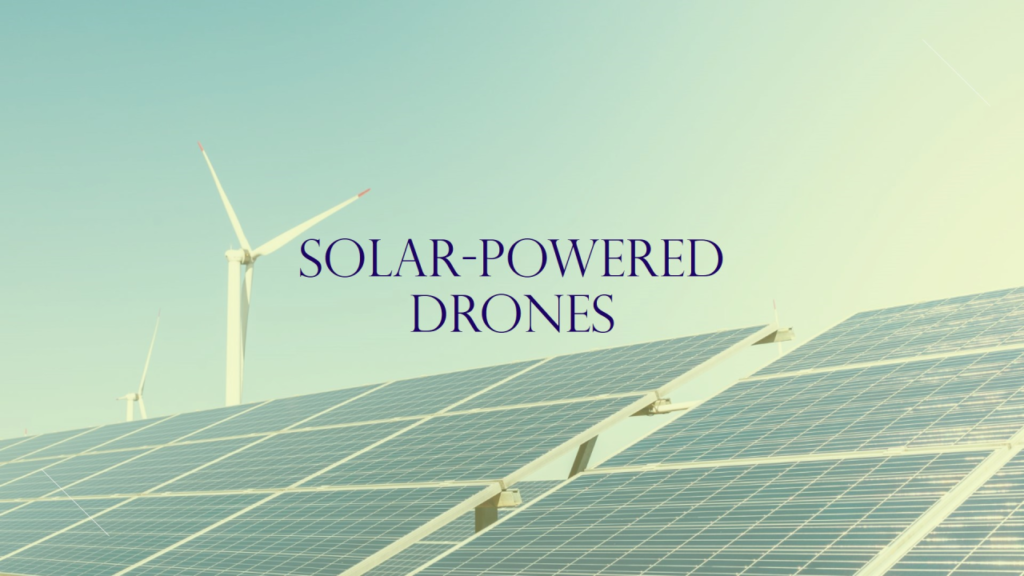
Solar-powered drones have the potential to significantly impact the future of air travel. By harnessing renewable energy, reducing carbon emissions, and enhancing flight efficiency, these drones present a promising solution for the aviation industry. As technology progresses, we can expect to see a greater incorporation of solar-powered drones in air travel, shaping the industry for the foreseeable future.
Solar-powered drones are expected to have a significant impact on the future of air travel, according to researchers. These drones have the potential to revolutionize the aviation industry by providing sustainable and efficient modes of transportation. As solar technology and drone capabilities continue to advance, the outlook for the future of air travel looks very promising.
Interested in Reading My Article On:Chinese nuclear reactor technology has implemented unprecedented safety measures.
